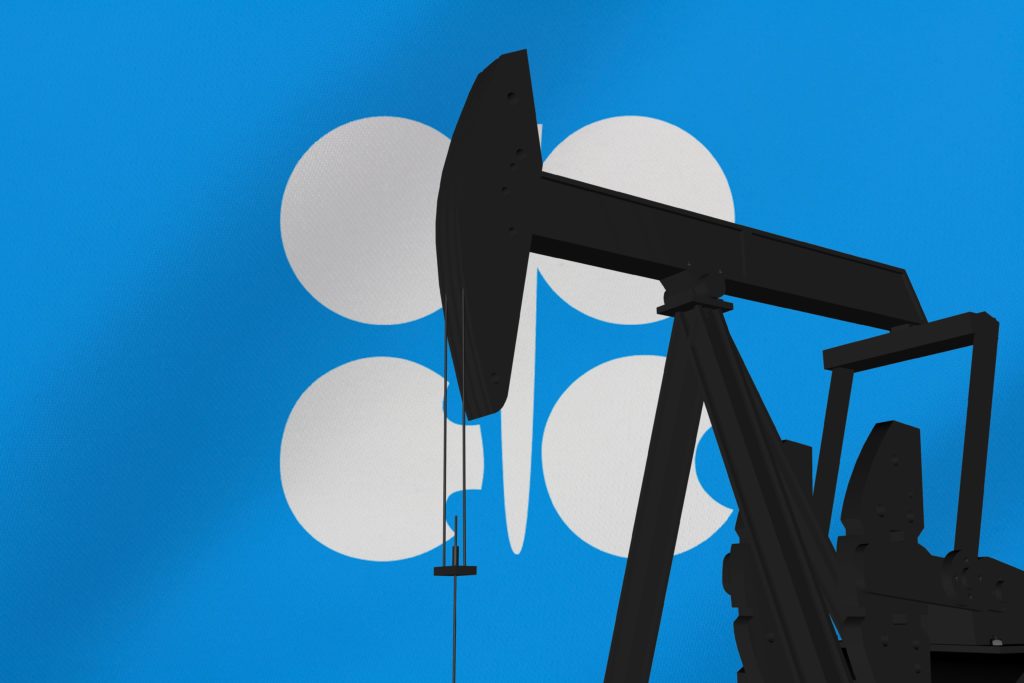The participants in the OPEC+ deal agreed on a gradual increase in oil production from August, ending discussions that lasted around three weeks due to the confrontation between the UAE and Saudi Arabia.
As the COVID-19 pandemic disrupted production as well as demand for oil, OPEC+, a group of the Organisation of the Petroleum Exporting Countries (OPEC) and allied producers of which ex-Soviet Russia, Azerbaijan and Kazakhstan are members, cut output by a little more than 7 million bpd to support prices and reduce oversupply. Earlier this year, members of the group agreed to ease cuts gradually by 350,000 barrels per day (bpd) in May, another 350,000 bpd in June and around 450,000 bpd in July.
The cartel now decided to increase production by 400,000 bpd every month starting in August until it reaches production levels at the end of 2019.
UAE has been opposing extending the deal from its original April 2022 expiry until the end of next year without adjusting the Mideast country’s production baseline to better reflect its increased capacity.
Saudi Arabia’s oil minister Abdulaziz bin Salman told reporters last week that the OPEC+ coalition’s next meeting could take place no sooner than August, as an ongoing clash with the UAE stalled the group’s output policy.
Azerbaijan produced 610,100 bpd of oil in June, up from 586,000 bpd in May 2021 and in line with the country’s obligations under the OPEC+ deal.
The fresh deal will also provide the UAE, Iraq and Kuwait with higher production quotas from May 2022. The truce will dampen the looming supply decline and reduce the likelihood of an inflationary surge in oil prices, Bloomberg reported.
The decision will also end the diplomatic squabble between the UAE and Saudi Arabia. It kept traders on their toes as the struggle between the two longtime allies risked ruining the broader agreement between OPEC and its allies that had secured the recovery in oil prices.
At the same time, the new agreements will give consumers a clear idea of how quickly OPEC + will restore production to 5.8 million bpd to compensate for the drop in production that occurred in the early months of the pandemic. Along with this, they will resolve long-standing claims that arose among the participants in the transaction at the end of 2020. Then the UAE argued that the method of calculating their quota was unfair since it did not take into account the expensive investment projects being implemented in the state. As a result, their base quota rose from the original 3.2 million bpd to 3.5 million bpd.
A week before the end of negotiations, the price of Brent crude fell by 5-6 percent, reaching $ 71 and the International Economic Agency warned the OPEC+ parties that the market needs large oil supplies from their side, otherwise the economic part of the crisis will drag on significantly.

